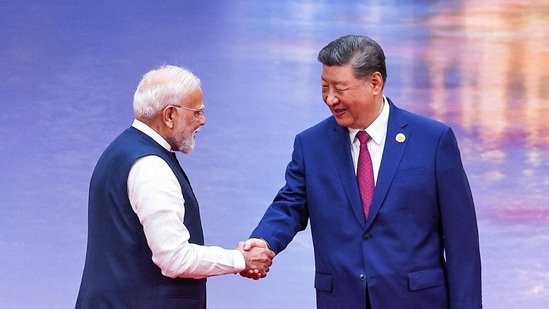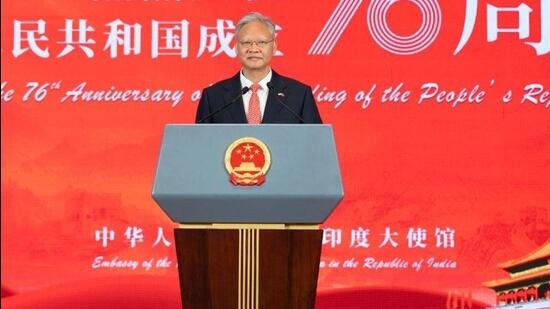This system, distinct from Western frameworks, would more effectively explain China’s foreign policy and global role to the world, according to Zheng Yongnian, dean of the school of public policy at Chinese University of Hong Kong, Shenzhen.
In an interview published on Monday by People’s Daily, Zheng emphasised the strategic urgency of intellectual autonomy as a key part of Beijing’s push for global influence.
Zheng’s call for a China-centric knowledge system aligns closely with Beijing’s recently introduced Global Governance Initiative (GGI), which advocates for a multipolar and inclusive global order emphasising sovereign equality, shared development, and multilateral cooperation.
WATCH LIVE: Xi Jinping delivers keynote speech at Shanghai Cooperation Organisation summit
WATCH LIVE: Xi Jinping delivers keynote speech at Shanghai Cooperation Organisation summit
Zheng’s argument is that, for too long, international relations – and China’s role within them – have been viewed through a Western lens dominated by theories such as realism, liberalism, and constructivism.





